As the Economic Community of West African States (ECOWAS) tightens its sanctions against the neighbouring nation, power supplies from Nigeria to the Republic of Niger were cut off on Wednesday.
Sanctions on the military members in Niger who overthrew President-elect Mohamed Bazoum’s government last week were decided upon by ECOWAS on Sunday, under the leadership of Nigerian President Bola Tinubu.
Bazoum was ousted and arrested by Presidential Guard agents on July 26.
In the event that the leaders of the coup do not reinstate Bazoum’s presidency within a week of last Sunday, the ECOWAS has sanctioned Niger and stated it may approve the use of force.
ECOWAS also issued a one-week deadline for the restoration of constitutional order and halted financial transactions with Niger. Additionally, it froze “all service transactions, including energy transactions.”
The development was confirmed by reliable sources in the Nigerian power industry, and the AFP also reported on Wednesday that Nigeria had stopped supplying electricity to Niger.
A source close to the administration of the Nigerien Electricity Company, or Nigelec, was quoted by the foreign media as saying that the action was in line with the sanctions established by ECOWAS.
Based on numerous Transaction Service Agreements, Nigeria exports energy to the Republics of Benin and Niger.
“Nigeria disconnected since yesterday (Tuesday) the high voltage line that carries electricity to Niger,” AFP quoted its source.
According to him, an NIGELEC agent replied that Niamey, the nation’s capital, was “supplied, thanks to local production.”
NIGELEC, the sole supplier to the bordering nation, said that in 2022, 70% of Niger’s share of power came from purchases made by the Nigerian firm Mainstream.
In Nigeria, the Kainji Dam generates electricity.
Niger is planning to finish its first dam by 2025 in order to break its considerable reliance on its neighbour Nigeria for energy. The Kandadji dam should produce 629 gigawatt-hours of energy annually, around 180 km upstream of Niamey.
The Transmission Company of Nigeria’s spokesman, Ndidi Mbah, did not return calls or a text message made to her on the subject on Wednesday, making it unable to contact her for confirmation.
Kunle Olubiyo, the Coordinator of Power Sector Perspectives and President of the Nigeria Consumer Protection Network confirmed that ECOWAS would cut off the Niger Republic’s access to the energy grid.
“About 60 per cent of power supply to Niger comes from Nigeria. Just like organised labour usually shuts down the national power grid as part of negotiations when all appeals might have failed to achieve results, Mr President (Tinubu) is the leader of ECOWAS at the moment.
“Disconnection of power supply is seen as a low-hanging fruit,” he stated.
ECOWAS Defence Chiefs meet
The ECOWAS defence chiefs gathered in Abuja, the capital of Nigeria, on Wednesday.
Attending the meeting at the Defence Headquarters in Abuja were defence chiefs from Ghana, Nigeria, Benin, Togo, Sierra Leone, Liberia, Senegal, The Gambia, Cote D’Ivoire, and Cape Verde.
However, the defence chiefs for Guinea, Burkina Faso, Guinea Bissau, Mali, and Niger were not there.
The Niger coup, according to Gen. Christopher Musa, the Nigerian Chief of Defence Staff and President of the ECOWAS Committee of Chief of Defence Staff, demanded widespread attention and a coordinated reaction.
He continued by saying that the ECOWAS had made it clear in the 2001 Protocol on Democracy and Good Governance that it disapproved of any illegitimate takeover of power.
Musa said, “We must face the challenges of restoring democratic governance in Niger head-on, drawing on our shared experiences, wisdom, and collective resolve.
“Our decisions will have far-reaching implications for the ECOWAS region. ECOWAS’ strength lies in unity, shared values, and commitment to democracy, peace, and prosperity. In this regard, we are tasked with a mission to restore democracy in the Republic of Niger and preserve germane humanitarian principles across the region,” Musa said.
He stated that rebuilding the democratic administration in Niger would not be an easy undertaking.
Meanwhile, Niger’s self-proclaimed new leader vowed on Wednesday that the junta will not succumb to demands to return deposed President Mohamed Bazoum, escalating tensions with the West African grouping, which had threatened to interfere following last week’s coup.
In a televised address, Abdourahamane Tiani said the junta “rejects these sanctions altogether and refuses to give in to any threats, wherever they come from. We refuse any interference in the internal affairs of Niger”.
After military takeovers in member nations Mali, Burkina Faso, and Guinea, as well as an attempted coup in Guinea-Bissau in the last two years, ECOWAS has fought to contain a democratic backslide in West Africa.
“The military option is the very last option on the table, the last resort,” stated Abdel-Fatau Musah, ECOWAS Commissioner for Political Affairs, Peace and Security.

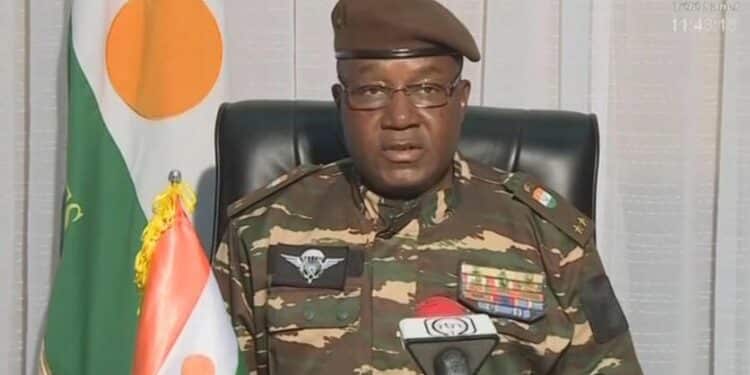

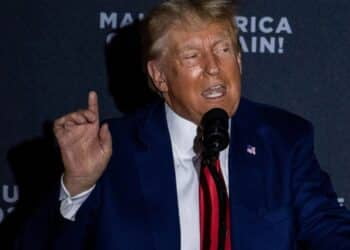
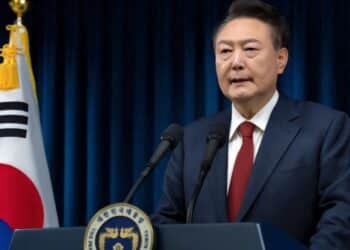
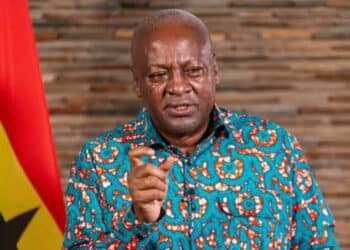



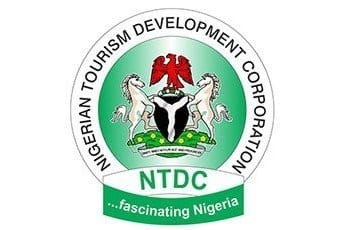

I love this website.